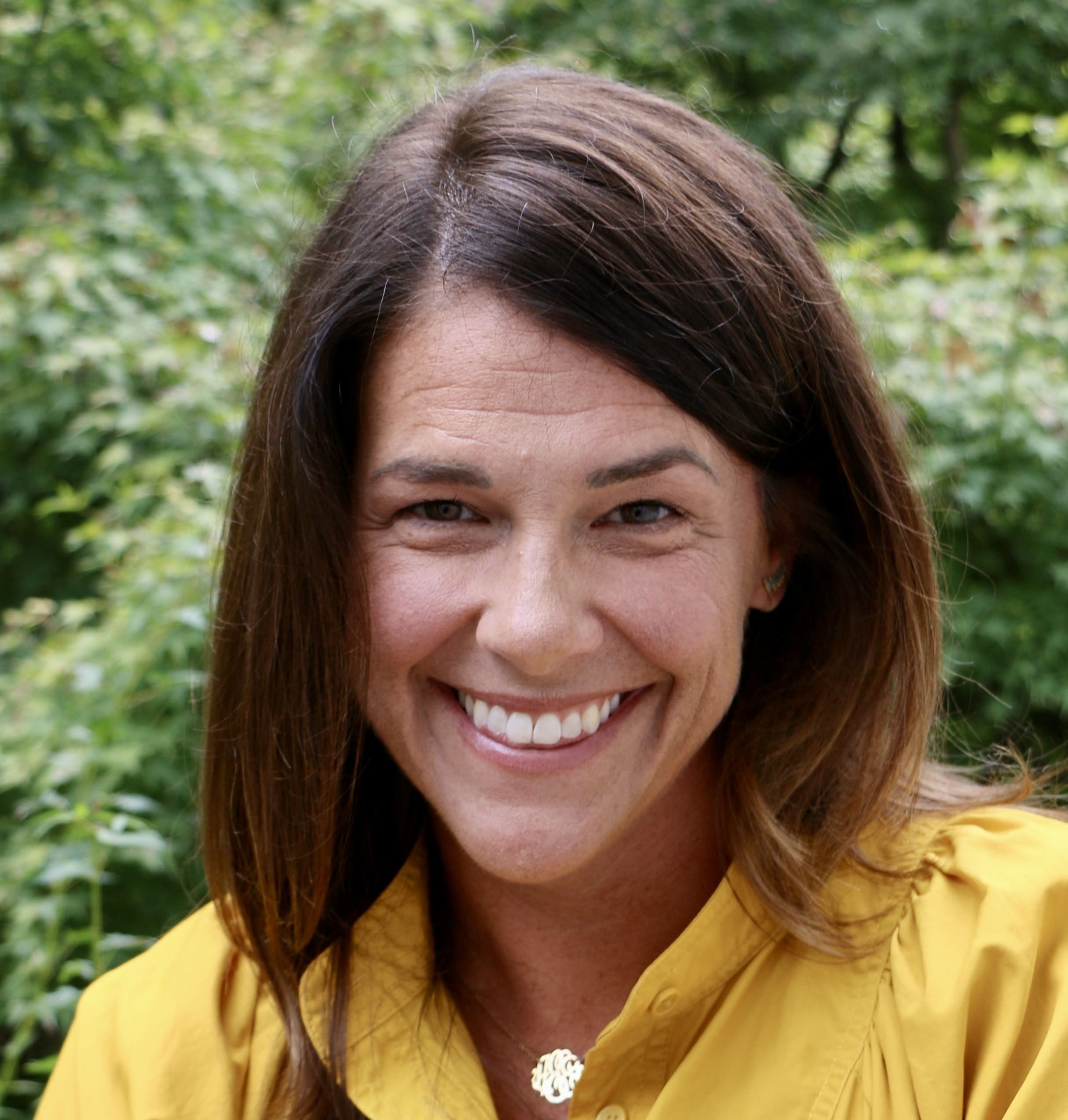This blog post represents the author’s views and should not be interpreted as professional/medical advice or endorsed by NEDA.
Before Treatment
There is no good time to be diagnosed with an eating disorder. Regardless of age and circumstance, it is a stealthy, complex disease that is difficult to treat and can follow its victims around for a lifetime. Like any other chronic illness, early detection and immediate care is ideal for eliminating long-term complications. In my case, it took 25 years to get to a place where I could accept the legitimacy of my diagnosis; at 38 years old, I was a middle-aged woman with a teenager’s condition, and it felt like it was too late to do anything about it.
When my eating disorder started, I was 15, an age that fell right into the high percentage demographic for the disease. The few times that I was forced to go to group therapy, everyone there was near my age and female. Knowing that this was so common for others like me lessened the feelings of shame and isolation. I also had the time, freedom from any real responsibility, and an endless well of insurance at my disposal.
It is too bad that I didn’t want to get better when life was so uncomplicated.
Throughout college, working my first job, moving to a new town, marrying my husband, and having two children, the eating disorder was there. Over the course of three decades, it would flare, and wain based on what was happening in my life, and I would dabble in therapy when things got too intense. Mostly I told myself that it was just an unorthodox dieting method and ignored the fact that it was something that it had become so ingrained, I was unwilling to part with it.

Accepting Treatment
When my lifelong battle with the eating disorder finally peaked, I was 38 years old, in the throes of motherhood; giving all of myself to everyone and everything. It reached a dangerous place that I could no longer keep hidden, frightening my family enough to try to intervene. But gone were the days where I had the luxury of extra time for “self-care;” I could barely go a few hours without someone needing something. When they broached the subject of in-patient treatment, the whole thing seemed ludicrously far-fetched.
The logistics of leaving, when my job was to be the primary caregiver of two young children created so much anxiety that it didn’t seem worth it. Not only did I still not believe that I needed treatment, but I no longer had the comfort of knowing that other people just like me would be sitting in these group therapy sessions.
The fear-based, catastrophic thoughts played on repeat:
I am too old.
I am not thin enough.
I am not sick enough.
I am not worthy of getting help.
It is too expensive.
I will be away for too long.
I don’t deserve all of this attention.
What will people think?
My children will suffer if I am not here.
It was guilt that kept me locked in a state of limbo for a period of nine months while I waited and prayed for things to calm down on their own. I felt like I was somehow responsible for creating the eating disorder, rather than being a victim of the illness. I found myself wishing that I was sick with something less stigmatized and misunderstood. If my diagnosis were cancer, I would, without hesitation, move forward with the treatment recommended to possibly save my life, regardless of my other responsibilities.
But with mental illness, there is no black and white.
While my inner circle begged me to do something that would save my life, I argued with them that it wasn’t in need of saving. Because I wasn’t underweight; my bloodwork was flawless, and an EKG showed a healthy heart. After 20 years of purging, I even got a gold star from the dentist after finding no evidence of decay or erosion in my teeth. From a physical standpoint, no one could convince me that I was going to do any real damage, or even worse, end up dead.
I held onto those facts for as long as I could, while the darkness of depression took hold of my mind, and the eating disorder controlled every move that I made. I could not deny that, despite the conflicting physical data, I had mentally hit rock bottom. I could no longer motivate myself to get out of bed because it meant facing a never-ending day governed by the sadistic voice in my head. I begrudgingly surrendered and agreed to leave everything I knew if only because fighting to stay became too exhausting to bear.

What I Learned from Treatment
I am currently 42 years old and three years into my recovery. I can look back at that time in my life through the lens of someone who is healthy and happy. I see that mother hanging by a thread, insecure and tired, wondering how much longer she could go before something gives, feeling hopeless. I wish I could tell her to choose herself by choosing treatment; that there is a world where she can be free of the pain and find out who she is without the eating disorder.
I wish I could tell her:
You are not too old.
You are sick enough.
You are worthy of getting help.
This will be the best money you ever spend.
You will be away for 40 days; a short time to spend to gain the rest of your life back.
You are deserving of care and attention.
What people think will no longer be important to you.
Your children will not be damaged by your time spent healing; they will be saved by it.
Of all of the takeaways I brought home from in-patient treatment, this is the one that sticks with me the most. It was my guiding light, the catalyst for taking action and my purpose for finally conquering an illness that took up so much of my life. What I thought was the most important reason for staying, became an even stronger justification for going.
Had I kept going down that path, I would not be around for them either way. The eating disorder stole all of my energy and my light. I was going through the motions of being a good mother without any real effort or conviction. Even though they were young, my children knew the difference between having a mother who was truly present in their lives, and one that was white knuckling through each day.
The cold, hard truth was that this disease ran through generations in my family; it was no coincidence that it affected me too. I was naive to think that I could somehow keep it from touching my own children when it permeated every aspect of my life. They would grow older, and despite my best abilities to disguise it, they would see me engaging in eating disordered behaviors. How could I tell my daughter to love her body when she witnessed me hating mine? They deserved more.
Somewhere, deep in my brain there was a version of me that wanted to recover for them. Initially, I did not care about the potential consequences that would affect me personally, but I would never forgive myself if I let this disease hurt my kids. I couldn’t get better at home, where I was the only one calling the shots. I had to go somewhere else to start over; where I could fight for freedom from this oppressive disease without the threat of self-sabotage. And I found that the chances for true rehabilitation lay somewhere between the self-loathing that accompanies mental illness, and the immeasurable love that I felt for my children.
Everything at this time in my life made it harder to leave. Can I say that in-patient treatment was easy and glamorous? No. That my heart didn’t ache every time that I heard my children through the phone? Of course it did. Did I feel guilty that my husband had to be a single parent, or that we had to spend thousands of dollars to meet our insurance deductible? I thought about it every day.
I had to fight and struggle, and nothing happened overnight, but the experience changed me so intrinsically, that it is difficult to think about how things used to be.
I can’t go back in time and give myself the reassurance that I so desperately needed to hear in order to agree to go to treatment. But I can tell my story in the hopes that it will give someone else just enough courage to agree that leaving is the right thing to do.
Resources
Are you concerned you might be struggling with an eating disorder? Take our confidential screening tool.
Are you looking for an eating disorder treatment provider? Find treatment in your area or online.
Are financial barriers preventing you from seeking the support you need? Learn more about free and low cost support options to connect with others and provide tools to promote recovery.
Amy Eades is a writer and storyteller sharing her journey with mental illness and an eating disorder to support others. Creator of They Told Me to Share, she lives in Charlotte with her husband, John, and their two children, John Ellis (13) and Lucy (10). Find Amy on Instagram and Facebook at @theytoldmetoshare.





